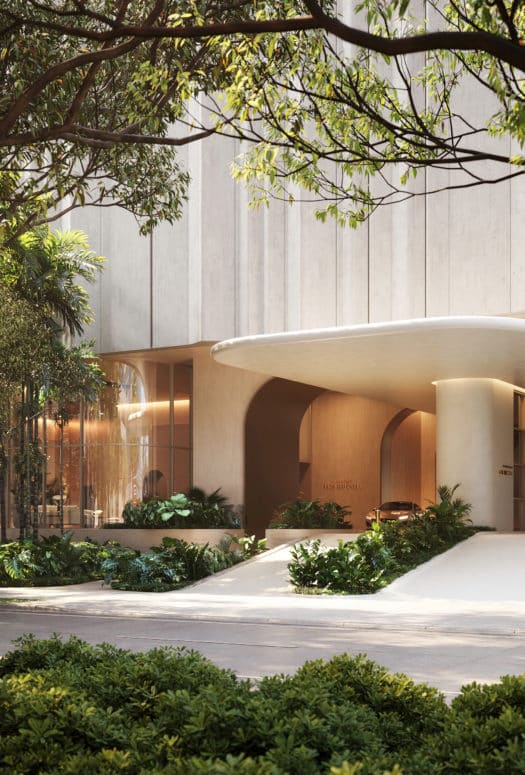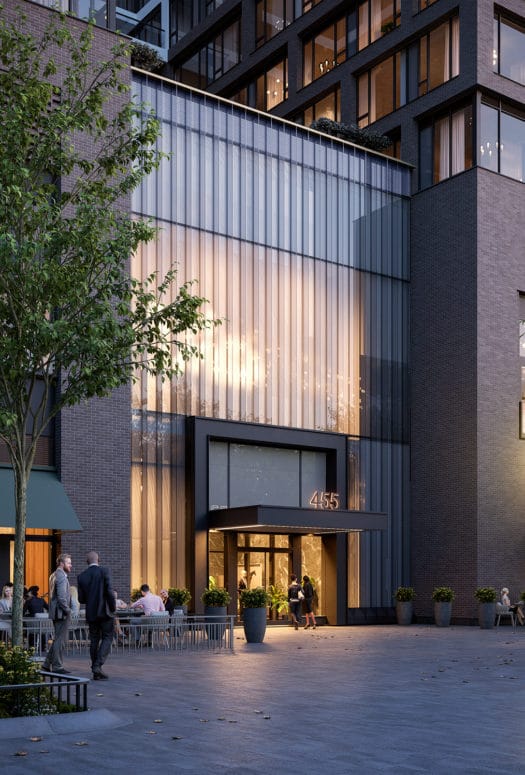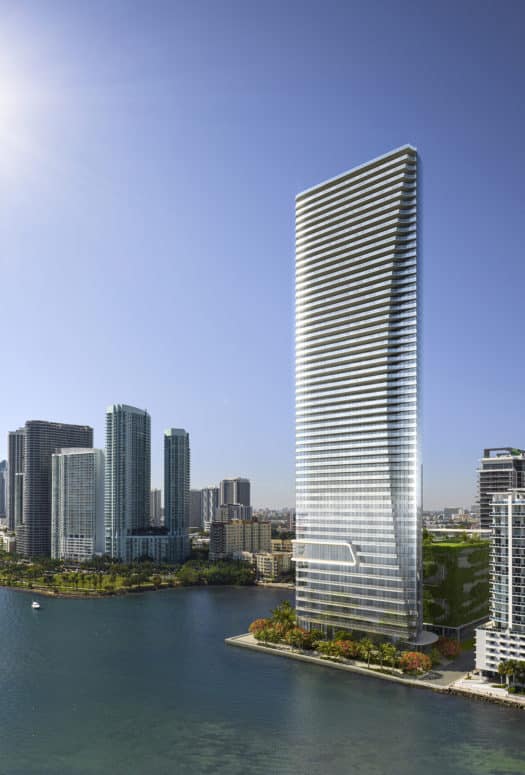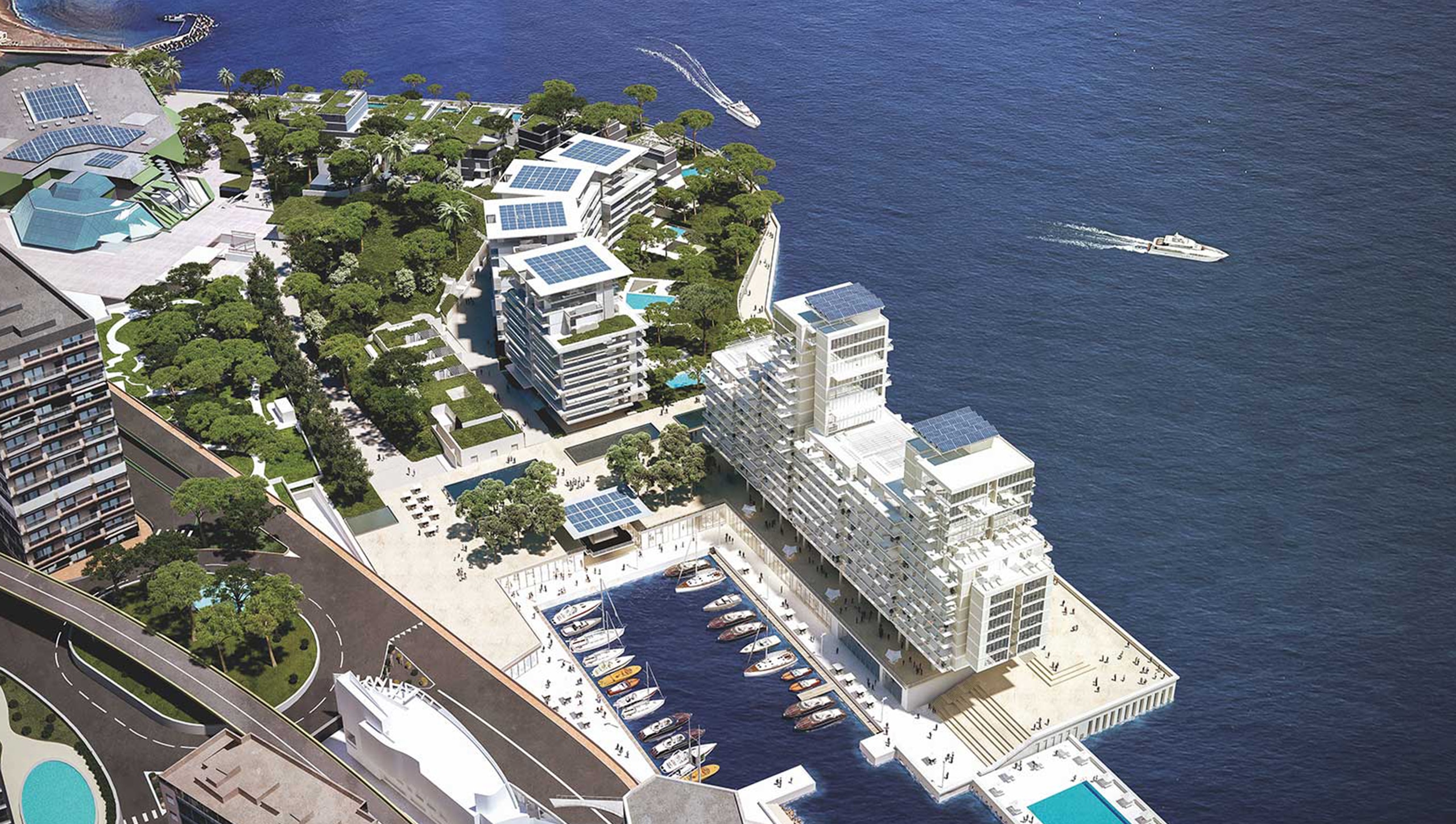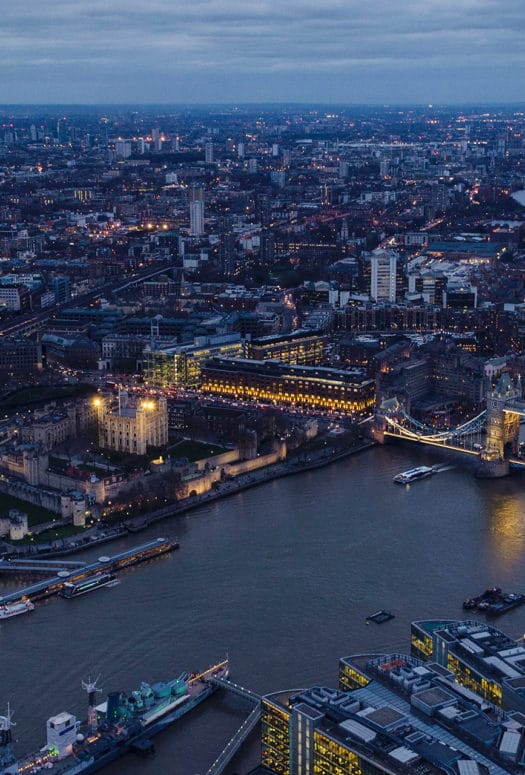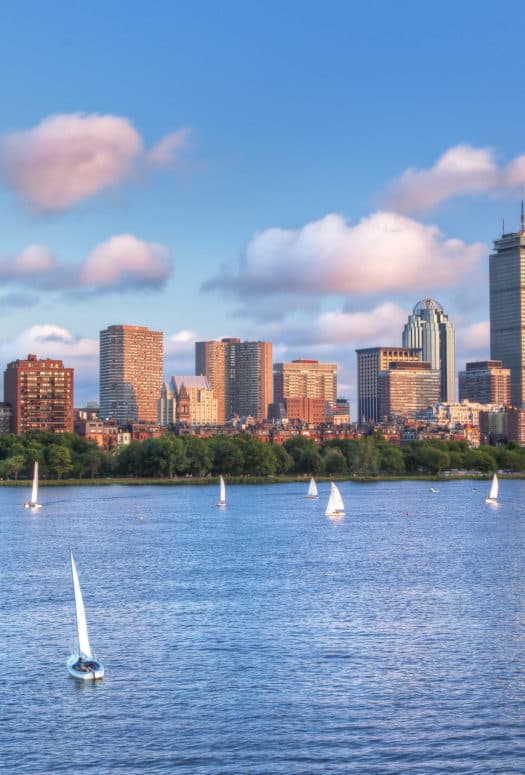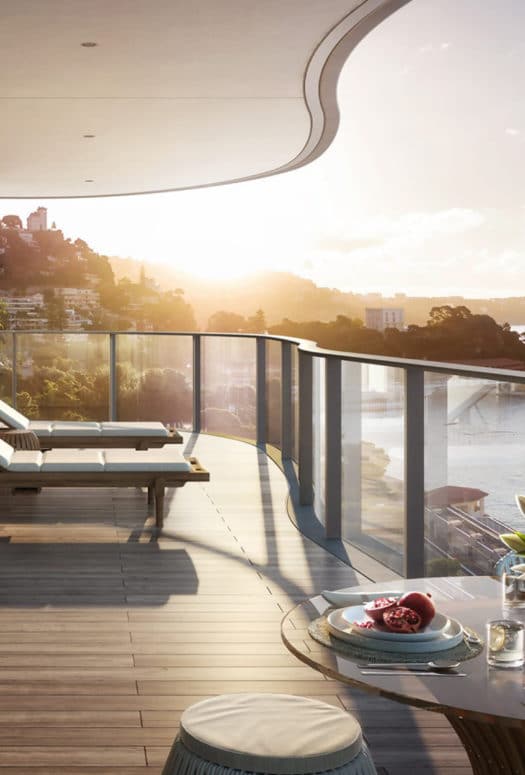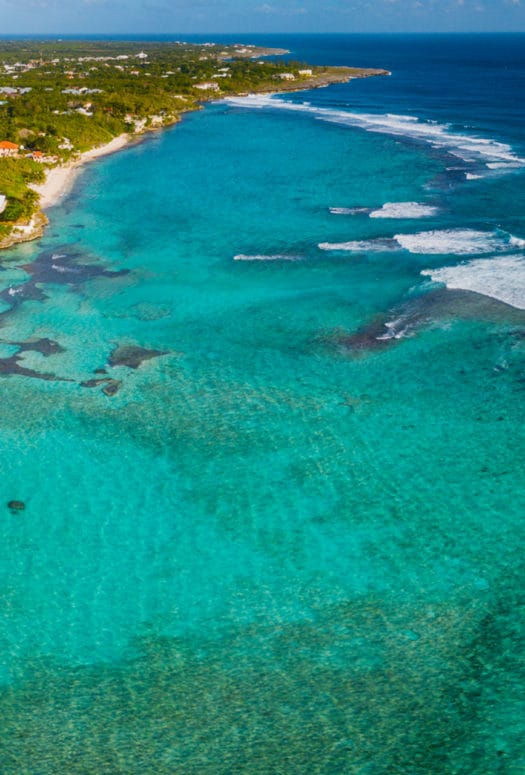In Monaco, Luxury and Sustainability Go Hand in Hand
By: Judith Isacoff
While Monaco has long been heralded as a luxury destination, the principality has recently become equally well known and respected for its commitment to preserving and protecting the natural environment.
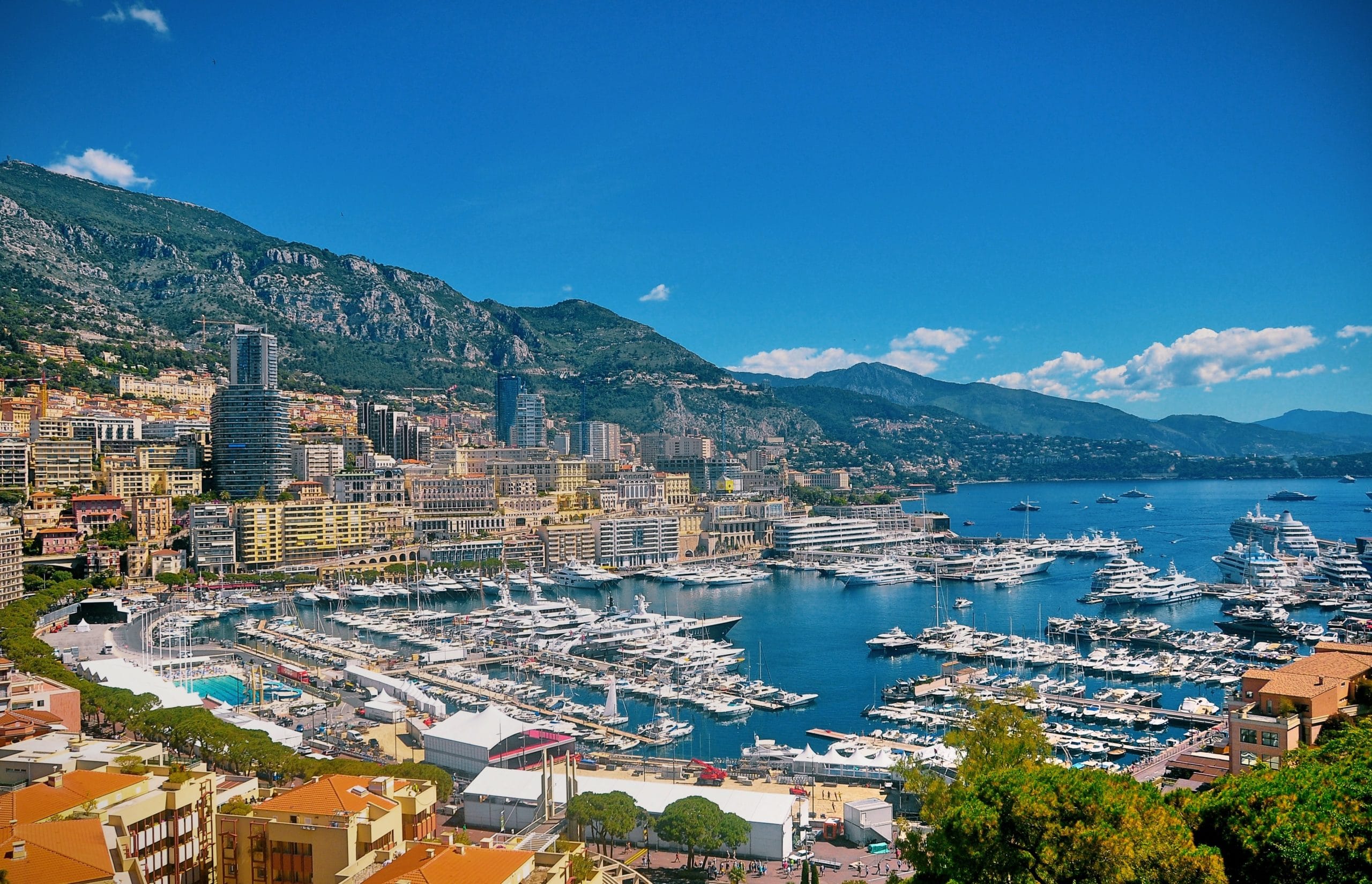 Photo Credit: Victor He / Unsplash
Photo Credit: Victor He / Unsplash
The commitment to sustainability, which extends to the entire planet, for decades has been synonymous with Monaco and the mission of its sovereign, Prince Albert II. As the creator of the eponymous foundation that partners with numerous global initiatives, the prince is actively engaged in the protection of the environment, with particular focus on the oceans and the promotion of sustainable development.
A History of Environmental Protection
The prince’s involvement “makes the whole difference. It makes our DNA, our added value,” said Olivier Wenden, vice president and CEO of the Prince Albert II of Monaco Foundation, during the foundation’s 15th anniversary celebration in September 2021. “The foundation is very unique in this way. When you have the opportunity to have a chairman who is also a running head of state, things are very different. The reason is very simple: Prince Albert is deeply personally involved, and his family has always been involved in environmental protection and respecting nature and the sea.”
In April 2006, following in the footsteps of his great-great-grandfather, Prince Albert I, who had studied the Svalbard region 100 years earlier, Prince Albert II led a team of seven across the pack ice for four days to reach the North Pole. Comparing photos of what he saw to images taken by his forebear, the prince recognized the impact of global warming, and upon his return created his foundation.
While the foundation has worldwide reach and partnerships, the prince’s commitment to innovative solutions to sustainable development in the principality has brought renown to one of the world’s foremost luxury destinations, now known as one of the world’s most sustainable countries.
The commitment goes beyond the principality’s goal of a 50 percent reduction in greenhouse gases by 2030 and an 80 percent reduction by 2050 (with a reference date of 1990).
Monaco’s wide-ranging sustainable development policy covers such undertakings as new tree plantings and rainwater recovery systems. The ambitious land reclamation project Mareterra, which includes residential, cultural, and recreational spaces, will feature plants, flowers, and pines endemic to the coastal region. The land reclamation portion of this $2 billion luxury development also incorporates measures to save protected seagrass and to mitigate invasive algae. Scheduled for completion in 2025, the project aims to not only preserve marine life, but to also create new seabeds to relocate and protect fragile plants.
Safeguarding biodiversity and mindful of conservation, the developers of Mareterra introduced artificial reefs during the project to enhance the colonization of sea life along the expanded coast. The 3D-printed reefs, placed 88 feet deep offshore, provide surfaces for corals and crustaceans to attach to, and also help limit coastal erosion. Leading up to the new eco-district are numerous trees planted in and around the Mareterra roundabout, underscoring the environmentally friendly atmosphere.
Sustainability also extends to Monaco’s hotels. More than 2,000 rooms—roughly 82 percent—are certified by Green Key, Planet 21, Green Globe, and Ecoleader. Major hotels reduce their carbon footprint by using underground pumps to generate clean energy from seawater to power heating and air conditioning systems; gray water is recycled; and green products as well as fair trade products are used.
Buildings throughout the principality make use of state-of-the-art green technology, including photovoltaic solar energy panels. New developments feature sustainably forested wood.
The use of electric vehicles is encouraged (there is even an E-Prix in addition to the storied Formula One Grand Prix), with the principality’s “Monaco On” scheme providing more than 30 free on-street charging stations and 200 charging points in 14 public parking lots. Extensive pedestrian promenades replace traffic-clogged routes.
Sustainability is also evident in the latest luxury vehicles often seen on the streets of Monaco, including the fully electric Aston Martin Rapide E featured in Monaco’s E-Prix.
Small Gardens, Big Impact
The principality’s green culture also encompasses lush gardens that preserve biodiversity. In 2016, agriculturalist Jessica Sbaraglia created Terre de Monaco to encourage the use of rooftops and other small urban spaces for growing organic produce. Thousands of pounds of organic fruits and vegetables have been raised on roughly 11,000 square feet of garden space, much of it destined for the principality’s Michelin-starred restaurants. (Incidentally, the principality is home to Elsa, the first completely organic restaurant to be awarded a Michelin star. Located at the Monte-Carlo Beach hotel, the restaurant also has the highest possible Level 3 certification from Ecocert.)
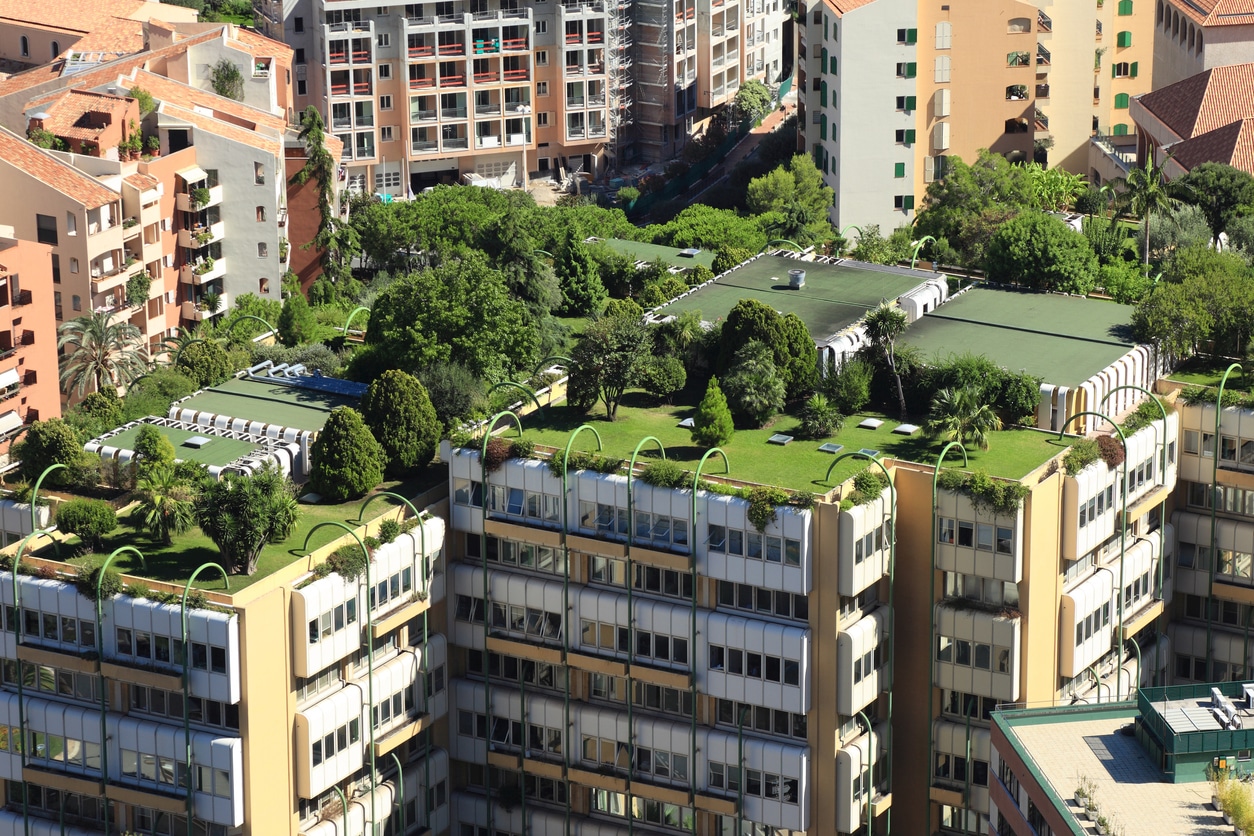 Photo Credit: iStock
Photo Credit: iStock
An organic garden at the Princess Grace Hospital provides its kitchens with fresh produce, and Sbaraglia has even introduced chickens to several of the gardens, including one at the posh Odéon Tower that supplies fresh eggs exclusively to its residents. There is also a large rooftop vegetable garden overlooking the Port of Monaco, and a garden in a nearby community that supplies Joël Robuchon’s Michelin-starred restaurant in the Métropole Monte-Carlo hotel.
Lots of Buzz, Too
There’s also plenty of eco-buzz around Terre de Monaco’s promotion of bees. The municipality does not use insecticides, and the diverse flowers that attract bees are flourishing. There are 10 bee boxes in a garden at the foot of the Odéon Tower, and numerous hives can also be found on the roof garden of the Museum of Stamps and Coins in the Fontvieille district, and in the garden of the Novotel Monte-Carlo hotel.
Global Endeavor
The prince’s foundation, which has established branches in 10 countries, including the United States, has invested nearly $99 million in more than 700 projects with the goal of “limiting the effects of climate change, promoting renewable energies, preserving biodiversity, managing water resources and combating desertification.”
“We’ve been able to create extraordinary partnerships with other NGOs, other international organizations, scientific research centers, and the list goes on and goes on,” Prince Albert II said in an interview with the Washington Post on Sept. 9, 2021.
“The foundation was geared toward environmental issues and sustainable development, with a focus, of course, on developing countries, on both polar regions, on the Mediterranean, but we’ve had projects all over the world, and not only on oceans, but also on the fight against desertification, on water issues, access to water, water management, and then protection of biodiversity as a whole, on land or at sea.”


